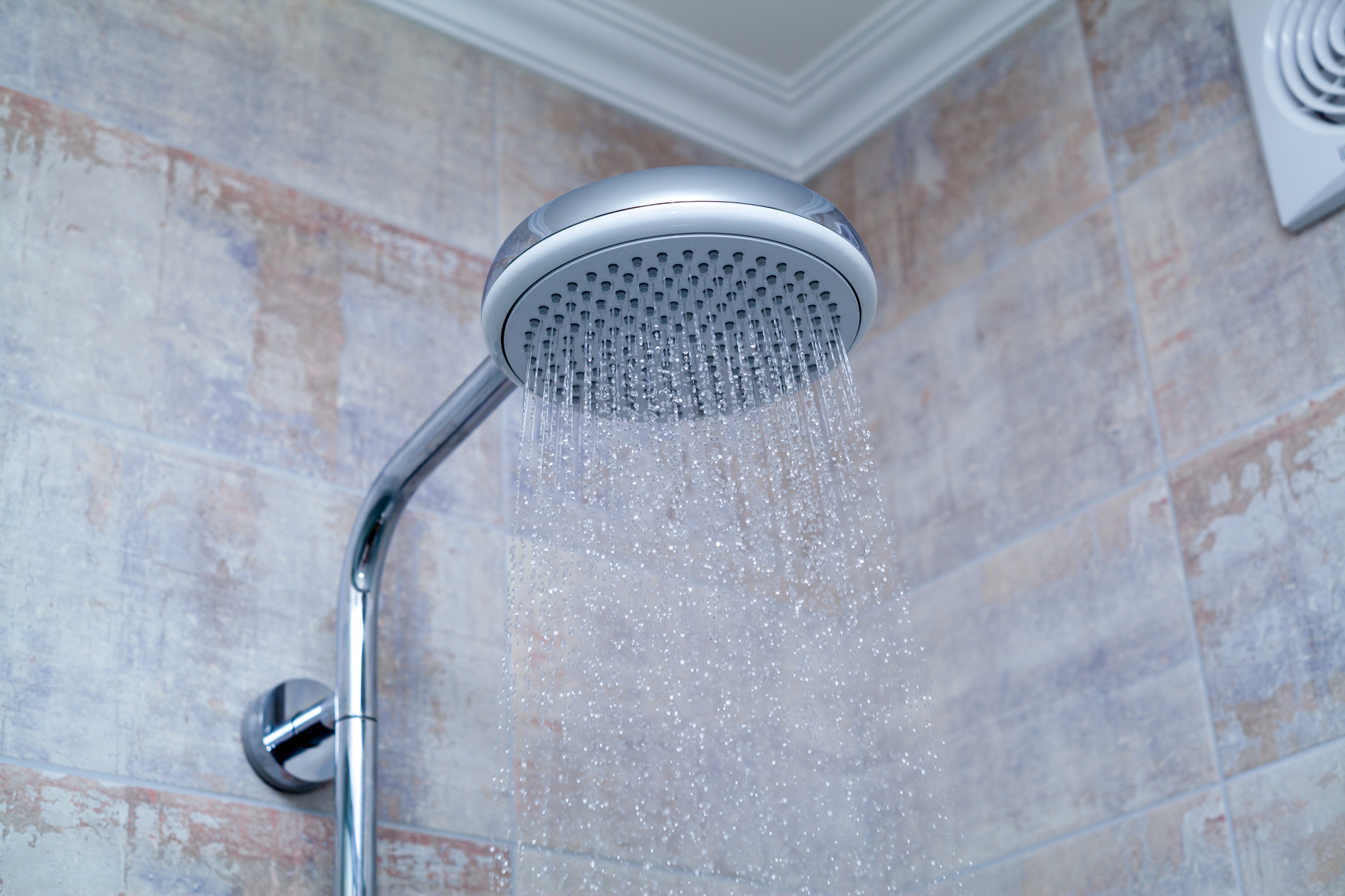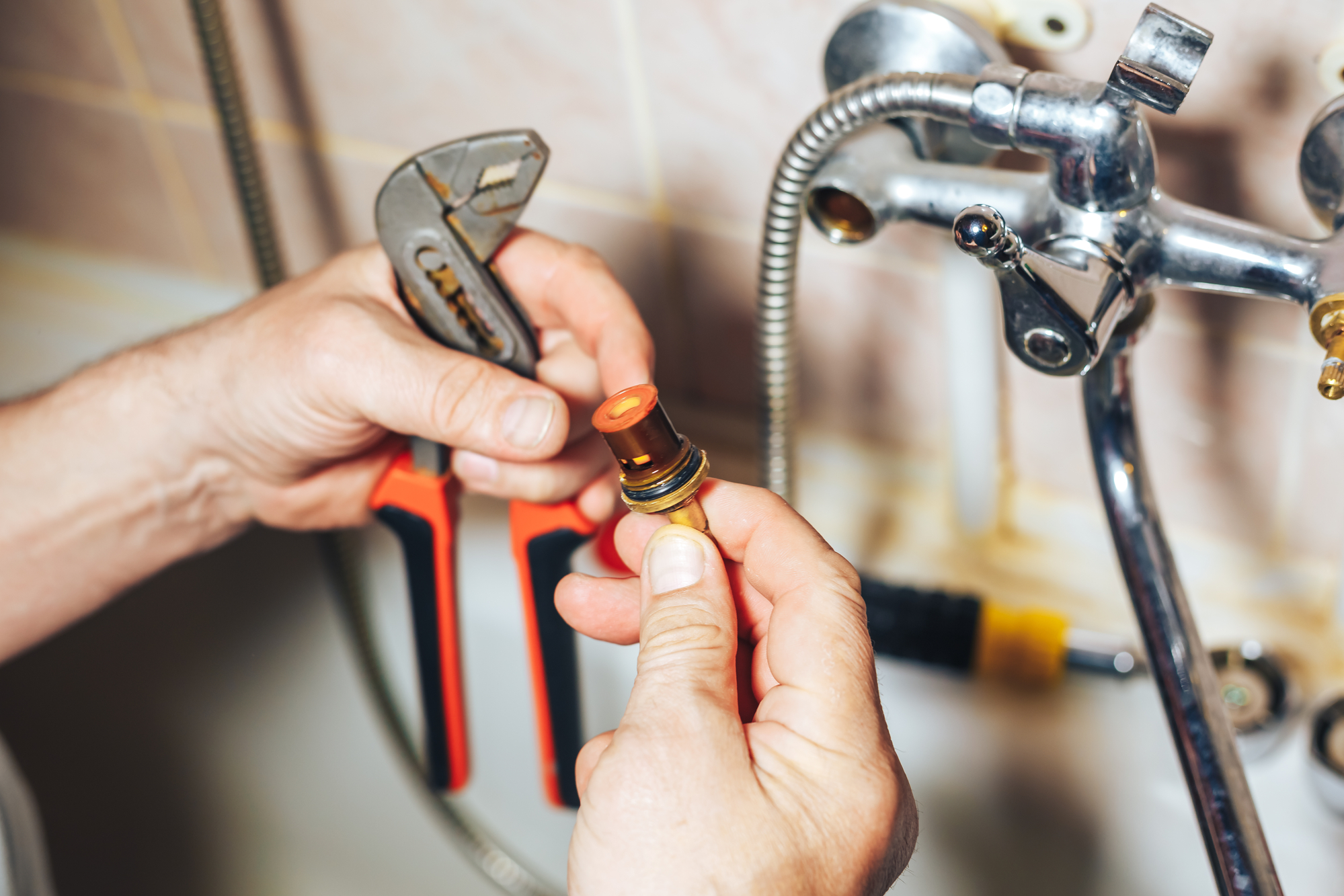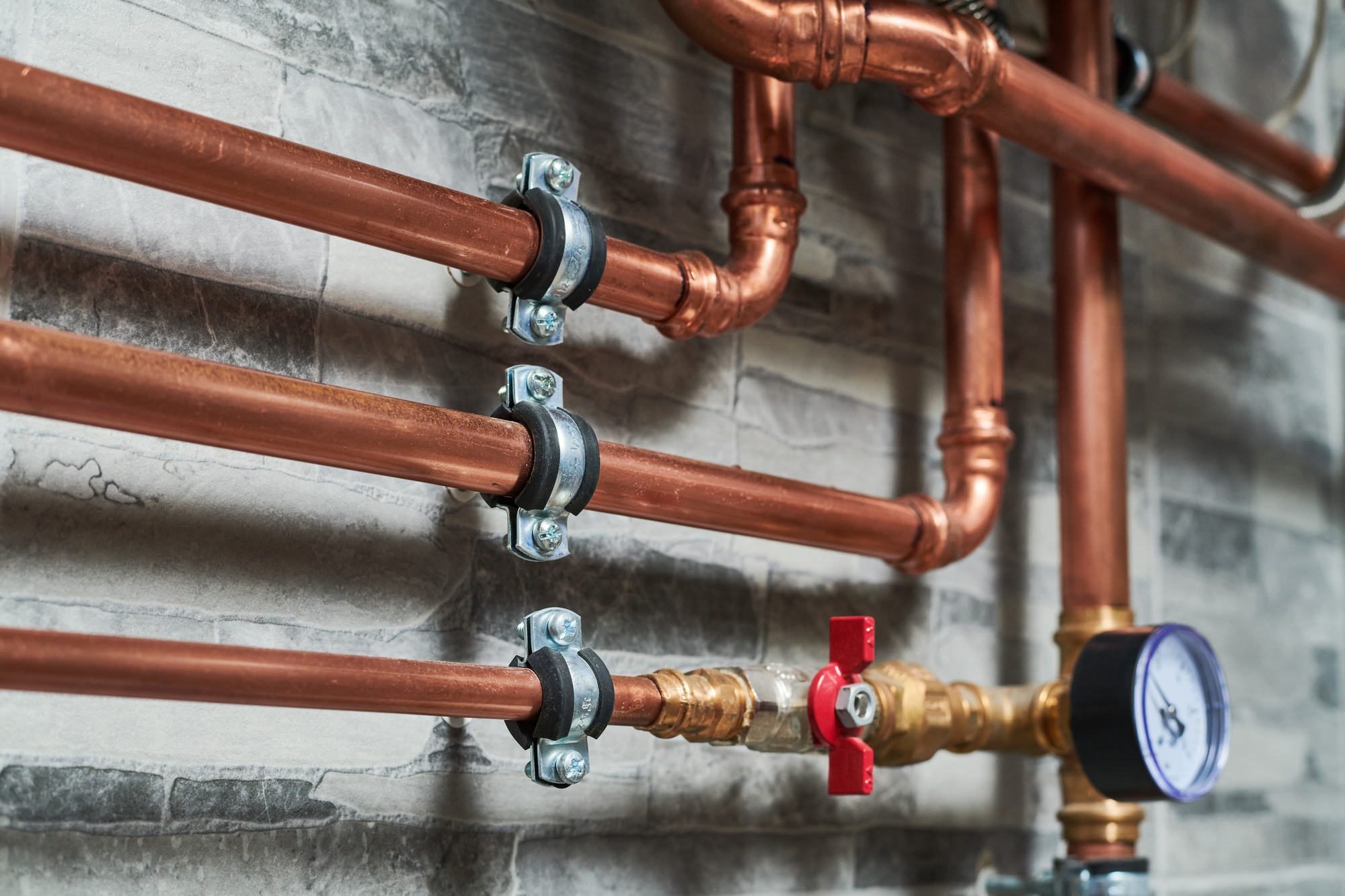Plumbing plays a vital role in our daily lives. It enables us to use water for cooking, cleaning, and bathing. However, as technology continues to advance, plumbing systems are becoming more automated and efficient, providing homeowners with a new level of convenience. In this article, we’ll discuss the latest development in plumbing technology: smart plumbing systems.
What are Smart Plumbing Systems?
A smart plumbing system is a system that employs a range of sensors, controllers, and wireless communication technologies to detect water usage, monitor water quality, and automate plumbing tasks. Depending on the complexity of the system, it can be used to:
– Monitor water usage: With smart sensors installed on the main water supply line, it’s possible to monitor the amount of water being used in real-time. This can help to identify any leaks or irregularities in water usage, which can help to save homeowners money on their water bills.

– Automate plumbing tasks: Smart plumbing systems can automate a range of plumbing tasks, from turning off the water supply during a leak to flushing the toilet after use. This can save homeowners time and effort while also reducing the risk of water damage.
– Improve water quality: Smart sensors can monitor water quality and alert homeowners if the quality of water drops below a certain threshold. This can help to prevent contamination, which can have serious health implications.
– Reduce water waste: One of the primary benefits of using a smart plumbing system is the ability to reduce water waste. By automating plumbing tasks and detecting leaks early, homeowners can save water and money on their water bills.
Benefits of Smart Plumbing Systems
There are many benefits to installing a smart plumbing system in your home. These include:

– Convenience: With a smart plumbing system installed, you can free up time you would have spent on manual plumbing tasks. This means you can focus on other important things in your life.
– Cost Savings: By automating plumbing tasks and detecting leaks early, homeowners can save money on water bills and reduce the risk of costly water damage repairs.
– Improved Water Quality: Smart sensors can monitor water quality and alert homeowners if the quality of water drops below a certain threshold. This can help to prevent contamination, which can have serious health implications.
– Water Conservation: By reducing water waste, smart plumbing systems help to conserve water. This is particularly important in parts of the world that are experiencing water shortages.
– Energy Efficiency: Smart plumbing systems can be integrated with smart thermostats, which can help to reduce energy consumption by optimizing the water temperature based on usage patterns.
Future of Smart Plumbing Systems
As technology continues to advance, we can expect to see further developments in smart plumbing systems. Some of the most promising areas of research include:
– Artificial Intelligence: Smart plumbing systems can be integrated with AI systems that can learn and adapt to homeowners’ behavior patterns. This can help to optimize water usage and reduce the risk of leaks.
– Augmented Reality: Some smart plumbing systems are incorporating augmented reality technology, which can help plumbers and homeowners to visualize plumbing problems and improve the efficiency of repairs.
– Blockchain: Smart plumbing systems can be integrated with blockchain technology to provide a secure, decentralized platform for managing water usage and sharing data.
Conclusion
In conclusion, smart plumbing systems have revolutionized the way we think about plumbing. With the ability to automate plumbing tasks, monitor water quality, and save water, smart plumbing systems offer a new level of convenience, cost savings, and energy efficiency. As technology continues to advance, we can expect to see even more exciting developments in this area. If you’re interested in installing a smart plumbing system in your home, contact Ace Plumbing Repair at (844) 711-1590 for more information.






